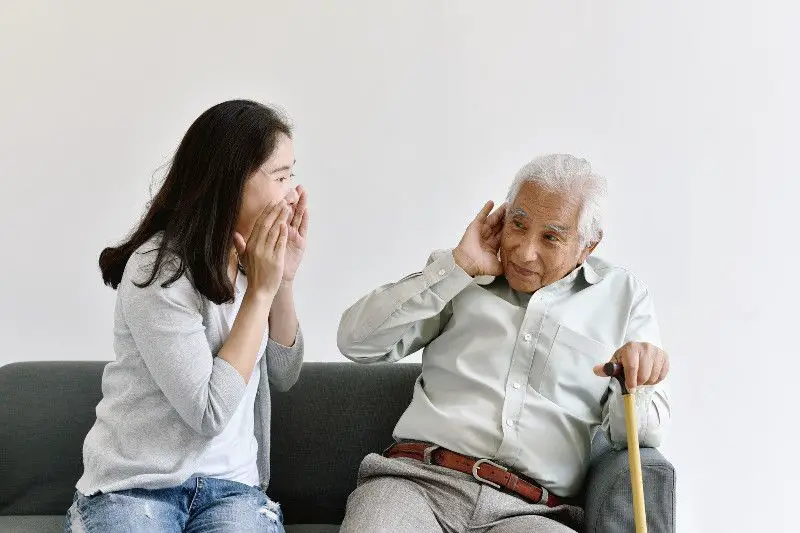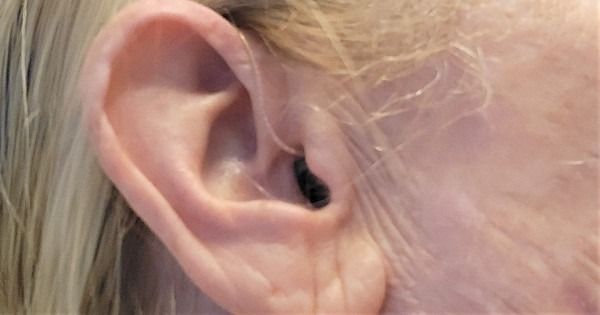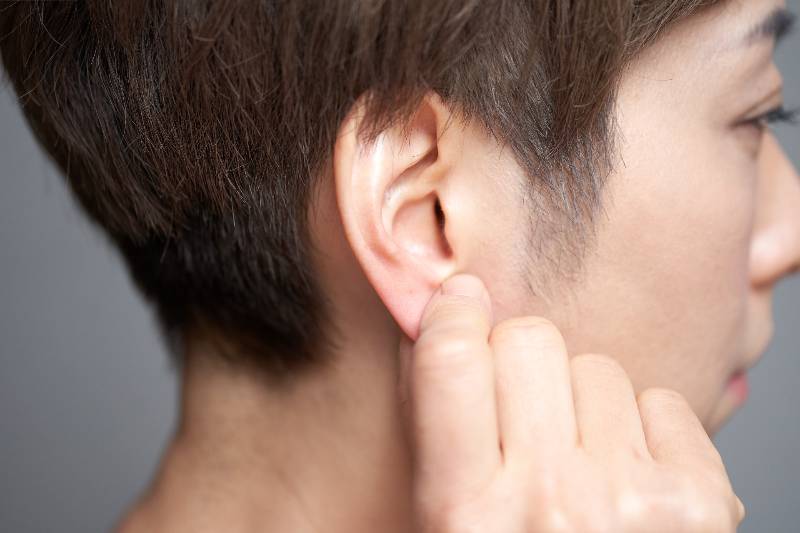Introduction
Surviving Meningitis is a testament to human resilience. This debilitating disease can leave in its wake numerous health complications, with hearing loss being one of the most common. Indeed, as per the Centers for Disease Control and Prevention, hearing loss affects up to 20% of Meningitis survivors [1]. Navigating this unexpected hurdle can be a daunting journey, but one profession stands ready to lend their expertise – Audiologists.
Audiologists play a vital role in diagnosing, managing, and treating hearing disorders, guiding Meningitis survivors from the confines of silence into a world of sound. Their role is pivotal in the recovery journey, ensuring patients regain their communication abilities and, in essence, their connection to the world.
In this comprehensive guide, we explore the extensive role of audiologists in addressing Meningitis-related hearing loss. We journey from the first audiological assessment through the fitting of hearing aids, auditory training, and beyond, revealing how audiologists serve as both healthcare providers and empowering advocates.
OTC Hearing Aid Pair
Experience the world like never before with the RCA OTC Behind-the-Ear Hearing Aid. Our advanced digital technology ensures that every sound is crystal clear and vibrant, allowing you to fully immerse yourself in life’s experiences. Whether it’s the laughter of loved ones or the music that moves you, our hearing aid brings back the joy of every moment.
Say goodbye to the hassle of appointments and prescriptions. The RCA OTC Hearing Aid is designed to meet the needs of individuals without the need for a prescription. With its seamless setup and user-friendly design, you can effortlessly enhance your hearing abilities and stay connected to the world around you. Simply unpack, wear, and enjoy improved auditory perception instantly.
Experience optimal comfort and style with our discreet behind-the-ear design. The thin tube design allows you to wear glasses comfortably, so you can enjoy clear hearing while maintaining your personal sense of style. Plus, our rechargeable battery ensures long-lasting power, eliminating the inconvenience of constantly replacing small batteries. Elevate your hearing experience with the RCA OTC Hearing Aid and embrace the world with confidence.
The Role of Audiologists in Treating Meningitis-Related Hearing Loss
Audiologists hold a crucial role in the treatment of Meningitis-related hearing loss. They are the primary healthcare professionals trained to identify, diagnose, treat, and manage patients with hearing and balance disorders. For Meningitis survivors, they are the skilled navigators leading the way back to the world of sound.
https://www.hearing-loss.news/hearing-loss-in-children-a-comprehensive/
Audiological Assessments The First Step
An audiological assessment is the first step on the road to addressing hearing loss post-Meningitis. These assessments involve a series of tests that measure the sensitivity of a patient’s sense of hearing. They aim to determine not only the degree of hearing loss but also its type and configuration [2].
Imagine a Meningitis survivor attending their first audiological assessment. They enter a sound-treated room, don headphones, and respond to a series of tones at different frequencies. This basic hearing test, called a pure-tone audiogram, serves as the foundation for understanding the patient’s hearing capabilities. These assessments provide valuable insights that aid in crafting a personalized treatment plan.
Audiologists and Hearing Aids A Crucial Alliance
Audiologists play a central role in the provision of hearing aids to Meningitis survivors. They not only prescribe the appropriate devices but also customize them to meet the unique hearing needs of each patient. The audiologist’s expert understanding of the complex technology and anatomy of the ear enables them to fit hearing aids effectively, significantly enhancing a patient’s quality of life.
Hearing aids are not one-size-fits-all devices. They require careful selection, fitting, and adjustment, all of which fall within the purview of the audiologist. Their ability to balance the patient’s audiological needs with the technological capabilities of the hearing aids is crucial to the success of the fitting.
Auditory Training and Rehabilitation
Beyond hearing aid provision, audiologists also engage in auditory training and rehabilitation. This process is designed to help Meningitis survivors adapt to their new auditory environment and maximize their use of residual hearing.
Consider a child who has experienced hearing loss due to Meningitis. Through consistent auditory training, an audiologist can help the child learn to understand and interpret sounds again, enhancing their communication skills and improving their educational and social experiences.
Auditory training and rehabilitation is another crucial area where audiologists make a significant difference. Through personalized training programs, audiologists help Meningitis survivors relearn how to interpret and understand sounds. This process can be particularly vital for those who receive cochlear implants or hearing aids for the first time, helping them adapt to the new sounds they’re hearing.
Additionally, audiologists conduct auditory-verbal therapy, particularly for children, to develop their listening skills and spoken language. They also work with adults, teaching them strategies to improve speech reading and manage conversations in noisy environments. Through this focused training and rehabilitation, audiologists help patients reclaim their auditory world.
QUIZ - AVAILABLE TREATMENTS FOR TINNITUS
Collaborative Care Audiologists and Multidisciplinary Teams
Audiologists don’t work in isolation. They often function as part of a multidisciplinary team, collaborating with neurologists, psychologists, speech therapists, and other professionals to provide holistic care for Meningitis survivors.
This collaborative care approach ensures that all aspects of a patient’s health and well-being are considered. From addressing the physical impacts of hearing loss to managing the associated emotional and psychological challenges, each member of the team plays a vital role.
Audiologists as Advocates Empowering Patients and Families
Finally, audiologists often serve as advocates for Meningitis survivors and their families. They provide vital education and resources, empowering patients to navigate their hearing loss journey with confidence. They also raise awareness about the challenges of Meningitis-related hearing loss, advocating for more inclusive societal and policy changes.
Audiologists can truly transform lives, ushering Meningitis survivors from a world of silence into one of sound. They are the unsung heroes of the auditory world, providing hope, healing, and empowerment to those grappling with hearing loss.
Hearing aids, in the hands of an audiologist, become a powerful tool in combating Meningitis-related hearing loss. The audiologist’s role extends far beyond simply prescribing the device. They also customize the hearing aid to the specific needs of the patient, taking into account factors like the degree and type of hearing loss, lifestyle, and even cosmetic preferences.
Once the hearing aid is in use, the audiologist’s job is far from over. They conduct regular follow-ups to fine-tune the device and make necessary adjustments, ensuring optimal performance. They also counsel patients on how to use and maintain their hearing aids, helping them make the most of the technology. This ongoing alliance between the audiologist and the patient is a key factor in successfully managing hearing loss.
Deafness: A Journey of Challenges and Triumphs
Conclusion
Navigating Meningitis-related hearing loss can feel like an uphill climb. But with the aid of audiologists, the journey can become more navigable. From the initial audiological assessments through the intricate process of fitting hearing aids, auditory training, and beyond, audiologists are there every step of the way, guiding patients back to the world of sound.
In collaborative care environments, audiologists bring their unique expertise to a multidisciplinary team, ensuring holistic care for Meningitis survivors. They recognize that the journey isn’t just about hearing—it’s about understanding and connecting.
Moreover, as advocates, audiologists empower patients and their families with knowledge and resources. They also advocate for societal changes to promote inclusivity and understanding of the challenges associated with hearing loss. In essence, audiologists are the beacon of hope for those navigating the darkness of Meningitis-related hearing loss.
In conclusion, the role of audiologists in addressing Meningitis-related hearing loss is multi-faceted. They are not just healthcare providers, but also educators, advocates, and guides. They stand at the intersection of technology, healthcare, and human empathy, shining a light on the path to auditory recovery for Meningitis survivors.








